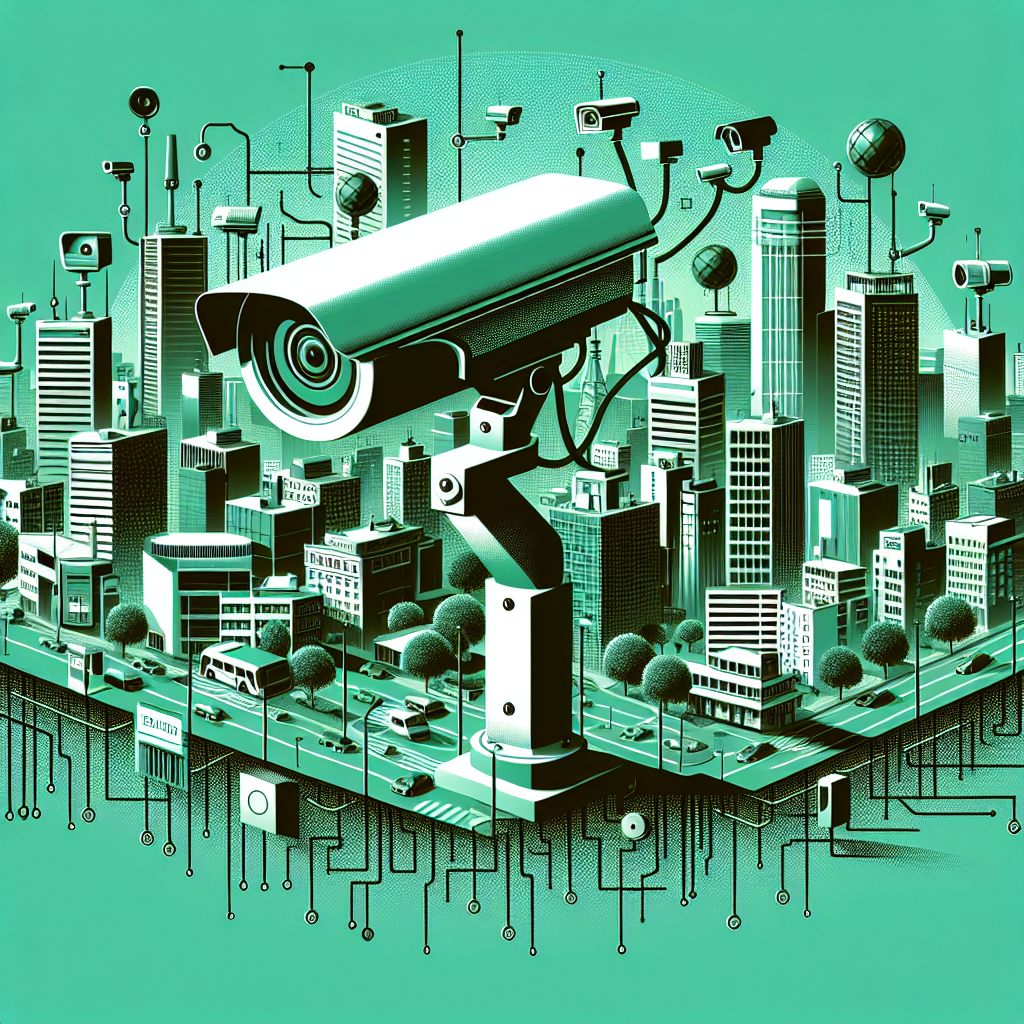Blog Ecobraz Eigre

Reverse Logistics of CCTV and Electronic Security Systems in SP
Reverse logistics for CCTV systems and electronic security in São Paulo is essential for the proper management of equipment at the end of its life cycle, ensuring environmental compliance and information security. This article details the processes, legal regulations, and best practices for the safe and sustainable disposal of these devices.
Legal and Regulatory Context
Reverse logistics in Brazil is primarily regulated by Law No. 12,305/2010, which establishes the National Solid Waste Policy (PNRS), available at planalto.gov.br. This legislation imposes shared responsibility on manufacturers, importers, distributors, and retailers for the product life cycle, including the return of electronic equipment to the appropriate environment for collection and treatment at the end of its useful life.
At the state level, CETESB establishes complementary regulations for the treatment and disposal of electronic waste, such as CCTV (Closed-Circuit Television) devices and other electronic security equipment used in São Paulo's businesses and industries.
Procedures for Reverse Logistics of CCTV and Electronic Security Systems
The process begins with the safe deactivation of equipment, preventing environmental damage and information security risks — an important factor for devices that store sensitive data such as video recordings and access logs.
Due to the potential for data leakage, the secure disposal of media stored on HDDs or other devices must follow strict protocols. The sanitization of these components can be carried out using methods that ensure complete data elimination, according to guidelines available at HDD sanitization.
After deactivation and data treatment, the equipment should be sent to authorized collection points, where they will undergo sorting, disassembly, and proper destination of their components. To schedule electronic waste collection, it is recommended to use specialized services accessible at electronic waste collection.
Treatment and Final Destination
Electronic security devices contain various materials such as heavy metals, plastics, and electronic components that require specific treatment. Recycling and reusing these materials contribute to reducing environmental impact and minimizing the extraction of raw materials.
Conversely, inappropriate disposal of these components can cause soil and water contamination, as well as public health risks. For this reason, compliance with the PNRS standards and state regulations is essential for the sector's sustainability.
Security and Compliance Aspects
In addition to environmental management, reverse logistics must address information security aspects. CCTV and electronic security equipment store essential data for asset protection. Proper disposal and media sanitization prevent confidential information from being improperly accessed, safeguarding the integrity of processes and documents protected by the system.
Conclusion
The implementation of reverse logistics for CCTV and electronic security systems in São Paulo is a legal obligation and a sustainable practice. Complying with current regulations and applying the correct processes for storage, transportation, treatment, and disposal of this equipment ensures not only environmental preservation but also the protection of stored information.
To obtain services compatible with legal and technical requirements for the collection and disposal of this equipment, certified platforms offering scheduling and specialized service are recommended, valuing security and sustainability in the life cycle of technological CCTV and security systems.

Deixe um comentário
O seu endereço de e-mail não será publicado. Campos obrigatórios são marcados com *